Much of our lives are spent chasing what we desire. We think that satisfying our desires, achieving our dreams, making money, finding a partner will make us happy. But all too often, once we attain what we think we want, we become bored of it, no longer want it or our desire for it is replaced with a crushing fear of losing it. If thus happiness is impossible, wisdom is the next best thing, writes David Hoinski.
If human happiness is possible, it must be consistent with desire because there is no human experience without desire. Yet desire might appear inconsistent with happiness, especially if we think of desire as a feeling of lack and of this feeling of lack as painful. Desire has often though not always been understood thus in the history of western philosophy. This conception of desire as painful coupled with the realization that it is also incessant led the 19th-century German philosopher Schopenhauer to the pessimistic conclusion that humanlife is meaningless suffering, at best like “a circular path made of red-hot coals” punctuated by “a few cool places.”
But what exactly is desire? And what does it mean to say that it is inseparable from our experience? The 17th-century Dutch philosopher Spinoza went so far as to call desire (cupiditas) the “very essence” of humanity; but whether desire is truly our essence, indeed whether human beings have an essence at all is up for debate. Yet, no one doubts that desire stands so close to us that often we scarcely know where it ends and we begin.
Desire itself may seem to be complex and appears first of all alongside other phenomena such as appetite, drive, and wish. In some cases, these may simply be different names for the same experience, wanting something we don’t have, but there can also be subtle and not-so-subtle distinctions. Wish, for example, is sometimes understood as hoping for something that is beyond our power, whereas desires can, at least in principle, be satisfied. Someone stranded on a desert island may die of hunger or thirst for lack of food or fresh water but not because of any impossibility in the order of things. By contrast, I may wish my friend a long and healthy life though it is almost entirely beyond my power to make this occur.
Though they may not wish in this way, other animals of course desire; possessing like us sense-perception, they feel pleasure and pain and have appetites for food, drink, and sex that they attempt to satisfy. Ourselves likewise bound to the cycles of animality, we humans are also destined to sate our appetites only to have them regularly recur, an alternation repetitious as earth’s rotation, at least so long as we’re alive.
___
___











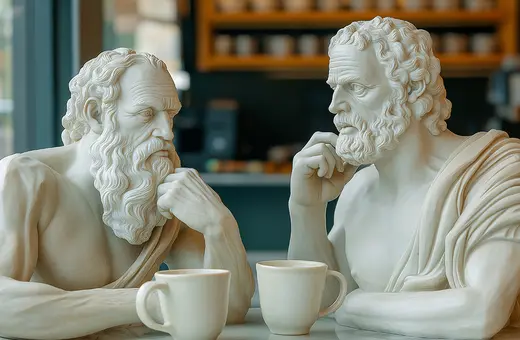

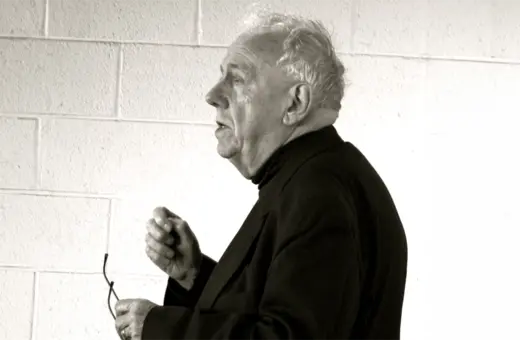
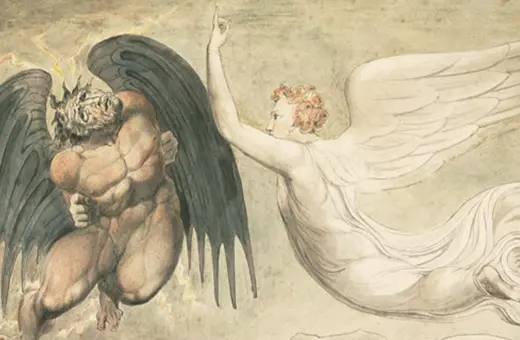
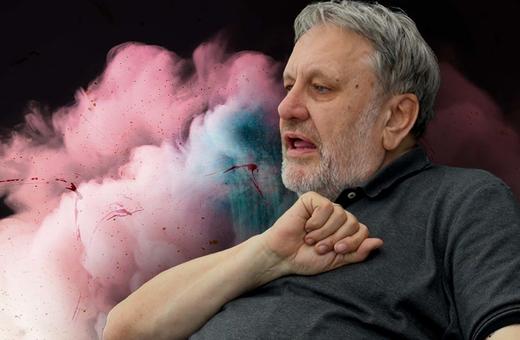
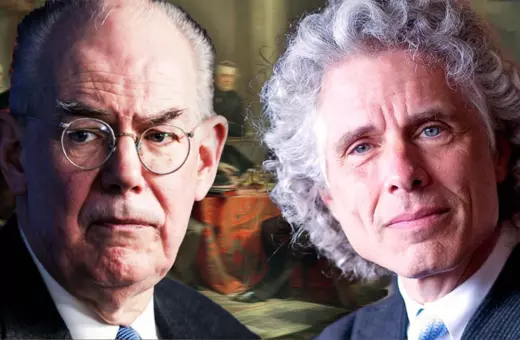




Join the conversation